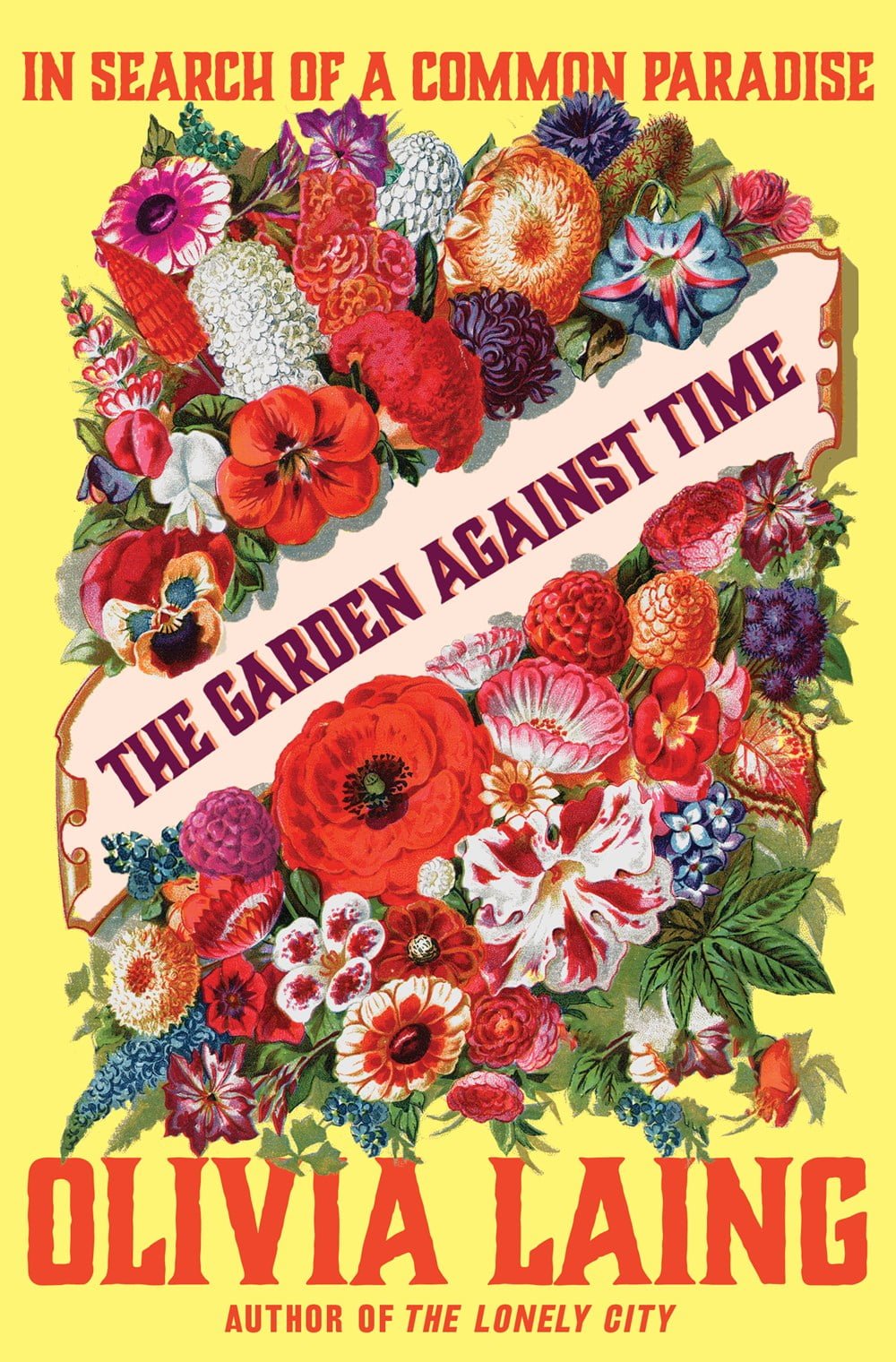The Restoration of a Long-Neglected Garden
In The Garden Against Time, Olivia Laing addresses the restorative power of gardening while delving into the histories associated with these natural spaces. During the COVID-19 pandemic, Laing undertook the project of restoring a historic garden in Suffolk, England. By recounting her experience, she draws a vivid picture of how reclaiming overgrown and forgotten gardens can offer solace and a sense of purpose amid crises.

The Significance of Gardens in History
Laing’s exploration is not limited to her personal journey; she also provides a panoramic view of the larger history of English gardens. From the grand estates of the 18th century designed by Capability Brown, often underpinned by exploitation, to more inclusive and equitable concepts like William Morris’s socialist gardens, Laing demonstrates the diverse roles that gardens have played throughout time. Her exploration into the background of Shrubland Hall reveals the economic influences like the plantation economy in South Carolina that shaped such historic gardens.
Gardens as Utopian and Earthly Spaces
Laing makes a compelling case for gardens as both utopian and earthly spaces, advocating for them as common rights rather than exclusive luxuries. She thoughtfully addresses the Persian origins of the word “paradise,” which means “walled garden,” urging us to reconsider how modern gardens can be more inclusive. The Garden Against Time encourages readers to reflect on how gardens, whether private or public, can serve as healing and unifying spaces, especially in challenging times.
Gardening in Hard Times
The Garden Against Time is rich with reflections on how gardening can be a restorative practice, particularly during tumultuous periods. Laing’s own experience of healing through gardening during the pandemic, coupled with her account of Derek Jarman’s queer utopian garden created while he was dying of AIDS, underscores the therapeutic potential of engaging with nature. The cyclical nature of gardening—planning, planting, decay, and rebirth—mirrors the human experience, offering both solace and inspiration.
